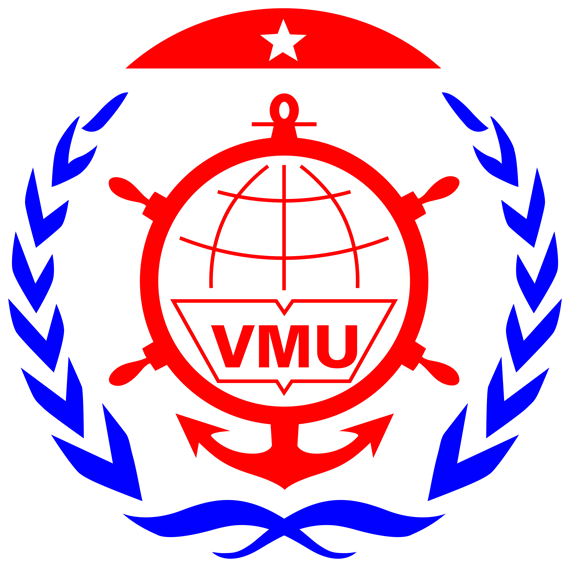1. Introduction
|
Program title: |
Bachelor of Civil and Industrial Construction Engineering |
|
Graduation degree: |
Bachelor's degree |
|
Study model: |
Full-time |
|
Total credits: |
139 |
|
Used language: |
Vietnamese |
|
Training duration: |
4 years (8 semesters) |
|
Responsible Faculty: |
Faculty of Civil Engineering |
|
Website: |
|
|
Address: |
Room 907, 9rd floor A6 Building, Vietnam Maritime University 484 Lach Tray - Le Chan - Hai Phong |
The bachelor’s program in civil and industrial construction engineering is designed and accredited by the Faculty of Construction Vietnam Maritime University. The program is developed concerning curricula from domestic and international universities in the field of construction. It is periodically reviewed, updated, and revised to meet the practical requirements of graduates and comply with the regulations of the Ministry of Education and Training and Vietnam Maritime University. Students gain both theoretical foundations and practical skills, along with professional training to meet the Vietnamese National Qualifications Framework as well as international labor competency requirements for the 21st century.
2. Curriculum
The bachelor’s Program in Civil and Industrial Construction Engineering is structured into eight semesters. Throughout their studies, students undertake a comprehensive curriculum combining theoretical knowledge and practical applications.
Semester I provides foundational knowledge and skills essential for structural calculations in later semesters through subjects such as Algebra, Calculus, and Physics. The introductory course on Civil Engineering equips students with fundamental knowledge of the history and profession of construction, effective learning methods, an overview of structures, planning stages, design, construction, project management, and quality control of specialized structures. Additionally, students develop soft skills and environmental awareness through elective courses.
Semester II introduces basic knowledge and skills through subjects such as Theoretical Mechanics and Hydraulics. Students are also trained in Mathcad engineering software to support calculations for projects and assignments in later semesters. Initial skills in reading technical drawings are developed through the representation of real-world objects in three dimensions from planar projections. Basic English and office computing skills are also included in this semester.
Semester III expands fundamental knowledge and skills through Geology, Strength of Materials, Construction Materials, and Basic geodetics. Students enhance their ability to read and create technical drawings through subjects like Construction Technical Drawing with AutoCAD and Civil Architecture. Practical skills are reinforced through Basic Geodetic, Construction Materials, and AutoCAD applications. Elective subjects introduce enterprise management, roles of management positions, and opportunities to improve English proficiency.
Semester IV advances core competencies with subjects like Structural Mechanics I, Soil Mechanics, and Reinforced Concrete Structures I. Specialized knowledge in masonry and timber structures is introduced. Language skills are further developed, and students have the option to explore topics such as ventilation systems and water supply and drainage for buildings.
Semester V delves deeper into fundamental knowledge and skills with subjects such as Steel Structures I and Basic Construction Techniques. Specialized subjects include Foundation Engineering and Building Equipment Systems. Students are introduced to professional software for structural calculations and technical drawings. Occupational safety on construction sites is also emphasized.
Semester VI focuses on structural design and prefabricated construction through key subjects like Reinforced Concrete Structures II, Steel Structures II, and Industrial Building Assembly. Students gain fundamental knowledge of laboratory equipment and structural quality assessment. They also can enhance their expertise through a special topics course on unique structures.
Semester VII emphasizes construction site organization and project cost estimation, integrating modern trends in the construction industry such as Building Information Modeling (BIM). Advanced structural engineering subjects include Civil and Industrial Building Design, Composite Steel-Concrete Structures, and Structural Damage and Repair. Students engage in on-site internships at construction sites. To deepen their expertise in both design and construction, they can choose elective subjects such as Special Reinforced Concrete Structures, Special Steel Structures, or Construction Site Management.
Semester VIII is dedicated to the graduation internship, where students gain hands-on experience in surveying, designing, and constructing real-world projects. During this period, they collect project data and prepare for their graduation thesis, which demonstrates their ability to integrate and apply knowledge from previous semesters.
